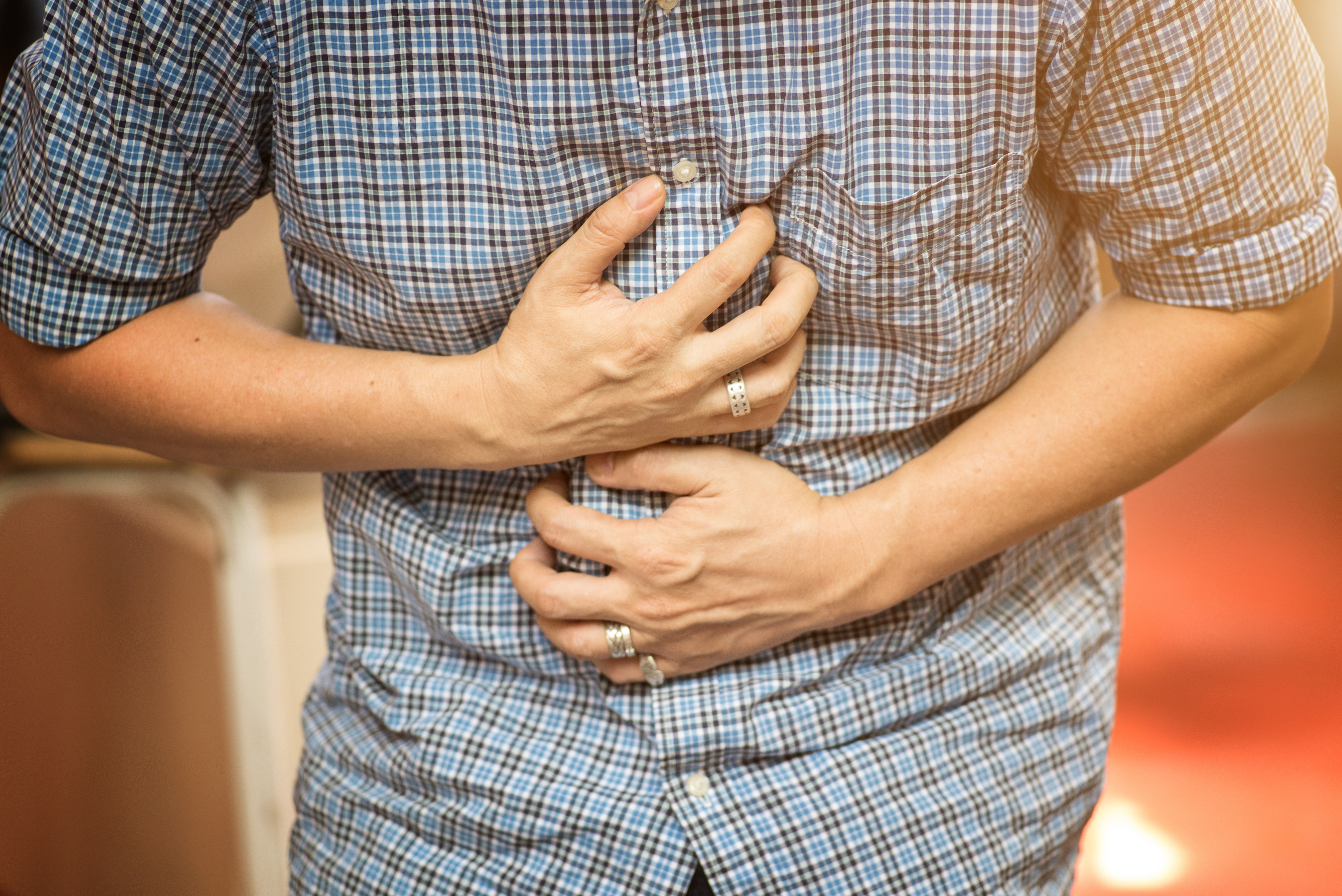Many of us have consumed contaminated food at some point. It can lead to anything from an upset stomach to death. Fortunately, if you start a search online, you can learn the symptoms of food poisoning as well as the best treatments.
Contracting a bad case of food poisoning could land you in the hospital. But you can protect yourself by understanding the causes and recognizing symptoms early on. Learn about the usual culprits of foodborne illness right now!
Causes of Food Poisoning
Often, the source of food poisoning is cross-contamination. This can happen in your very own kitchen. But it also happens quite frequently at restaurants, despite mandatory training in food safety.
Cross-contamination means harmful organisms have been transferred from one object to another. When raw foods like meat, eggs, and seafood come into contact with ready-to-eat-foods such as fruits and vegetables, bacteria can spread. And because there’s no further cooking involved in read-to-eat foods, there’s no way to kill that bacteria.
Sometimes, food will come into contact with live organisms in fecal matter. This type of contamination usually occurs when a person preparing food hasn’t washed their hands. Meat, eggs and dairy become contaminated quite often – and so does water.
Although rare, foodborne illness can also be caused by parasites. Toxoplasma, typically found in kitty litter boxes, is one of the more common varieties. You could have parasites living in your digestive tract for years and not even know it. But these parasites could cause severe problems for pregnant women and those with weakened immune systems.
Food Poisoning Symptoms
If you have food poisoning, you’ll know. Food poisoning often causes the body to try to get rid of what’s causing it distress – but symptoms vary depending on the source of infection.
The most common cases of food poisoning will usually involve three of the following symptoms:
- Diarrhea
- Vomiting
- Abdominal cramps
- Slight fever
- Nausea
- Loss of appetite
Symptoms can erupt within an hour of contact with contaminated food. However, it can take as long as 28 days for signs to appear in some cases. This is because different organisms work at different speeds.
Those who are generally healthy will feel discomfort, but you should have no issues waiting for the illness to run its course. Those who are pregnant, elderly, or very young are at greater risk for developing serious complications. It’s recommended that you see a doctor if you experience any of the following:
- A fever
- Bloody urine
- Diarrhea that lasts more than three days
- Difficulty speaking or problems with vision
- Signs of dehydration including dry mouth and difficulty urinating
To check for food poisoning, your doctor will run some tests. You may have to take a stool sample if you have intense stomach pain accompanied by other symptoms. This culture will determine if your illness stems from bacteria, and which antibiotics can be used to kill it.
Blood tests are helpful if your doctor believes the infection has spread to the blood. They are effective in detecting various bacteria including Listeria and Hepatitis A.
Treating Food Poisoning
Treatment options for foodborne illnesses are largely determined by the severity of symptoms. Unless you’re suffering from a severe case of poisoning, treatment can usually be carried out at home.
Get Some Rest
The body needs time to heal and recover from its weakened state. Avoid strenuous tasks or exercises when you’re ill. Instead, ensure plenty of bedrest and focus on getting high-quality sleep.
Drink Plenty of Water
Dehydration is a common symptom of food poisoning. Your body will lose essential minerals due to persistent vomiting and diarrhea. Recharge your system and flush out harmful bacteria by drinking lots of water during this time.
Allow Your Stomach to Settle
Avoid fatty and starchy foods until the nausea has passed and your stomach has settled. Eat bland foods that are easily digestible such as bananas, crackers, toast and rice.
Avoid Certain Substances
Caffeine, alcohol, energy drinks and nicotine should be avoided during the recovery period.
Take Medication
Your doctor may recommend prescription meds if the above tips are unsuccessful. Antibiotics are effective if you’ve become ill from bacterial poisoning, such as listeriosis.
Food Poisoning Prevention
Although food poisoning is common, it can easily be avoided if certain precautions are taken. Here are some tips to prevent foodborne illnesses while handling food at home.
Separate Your Food
Stop cross-contamination by separating raw meats, poultry and seafood from cooked and ready-to-eat foods. Keep these items separate not only during meal preparation, but during shopping and storage as well.
Use a Thermometer When Cooking
Most harmful organisms are killed when food is cooked at the right temperature. Use a thermometer to determine if your meat is ready to take out of the oven. You can follow recommended meat cooking and temperature guidelines to ensure all meat is cooked through and bacteria is eliminated.
Keep Your Kitchen Clean
Although bacteria and parasites may have been killed off during the cooking process, they could have spread throughout your kitchen during preparation. Be sure to regularly wipe down your countertops, utensils, and cookware. Wash your hands with warm, soapy water before and after handling food.
Refrigerate Foods
Don’t let perishable foods sit out on the counter for extended periods of time. Refrigerate or freeze these items promptly after purchase. If you’re thawing meat, the safest way to do it is in the fridge — not at room temperature.
Use Caution with High-Risk Foods
Know which foods are likely to cause food poisoning, and use extra caution during preparation. High-risk foods include sushi, uncooked deli meats, unpasteurized dairy, and raw or unwashed fruits and vegetables.
When dining out, eat at the restaurants you know and trust. Be on the lookout for food safety certifications, and be wary of establishments that don’t have these credentials visible. By keeping the above tips in mind, it’s possible to avoid illness and continue enjoying the foods you love.
